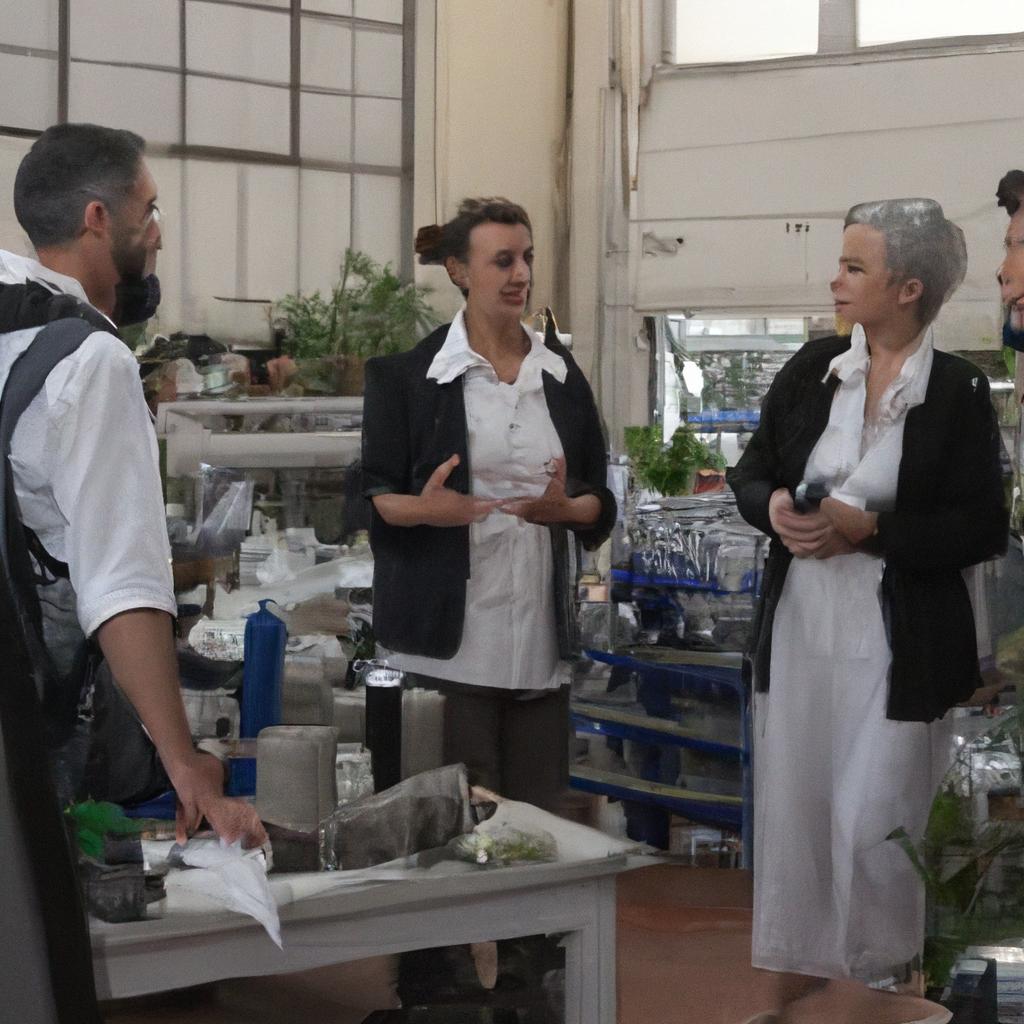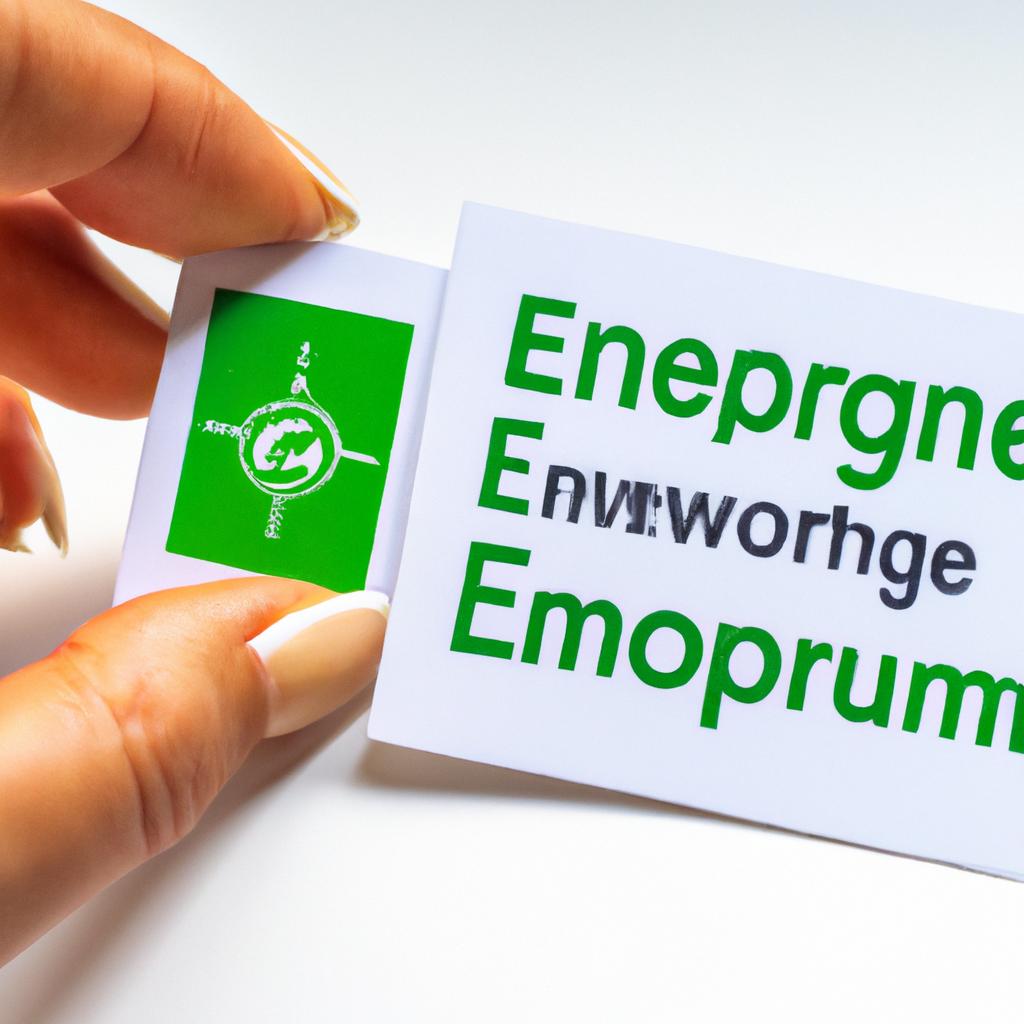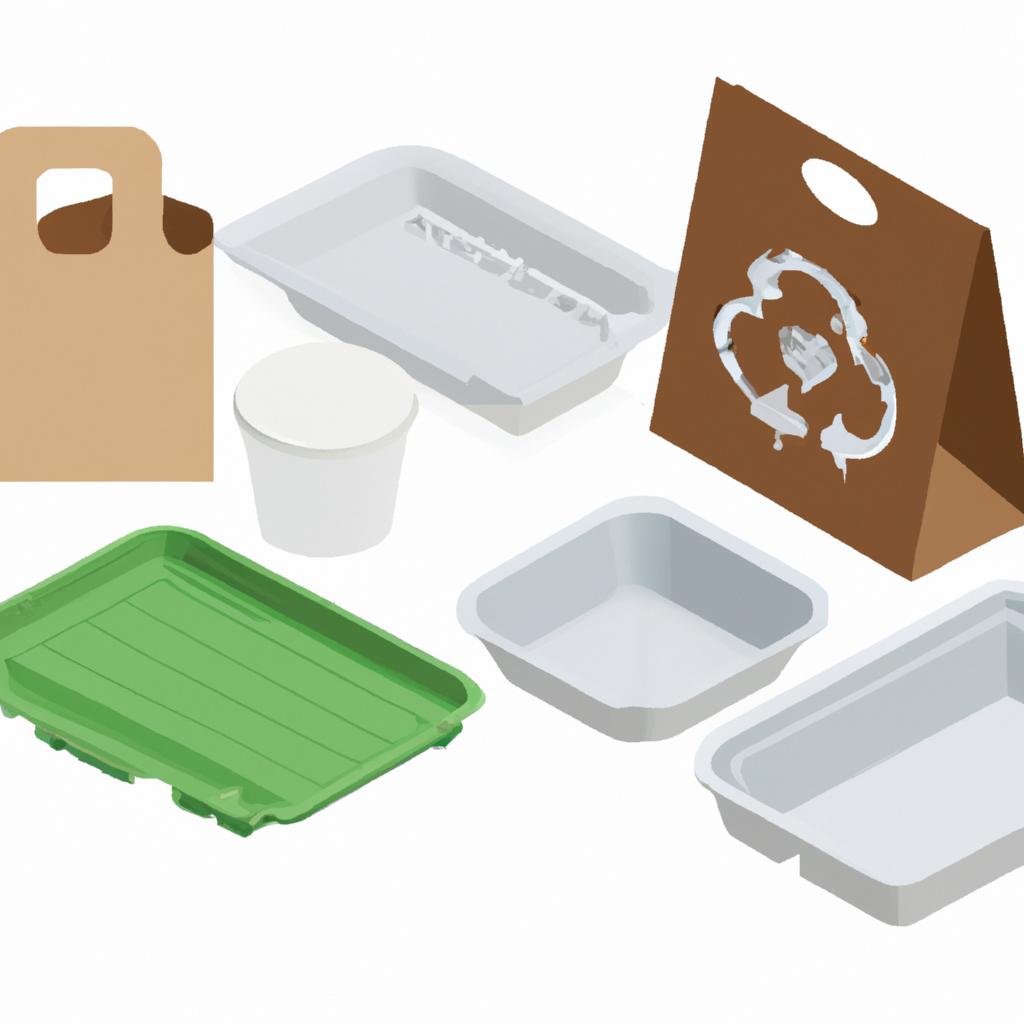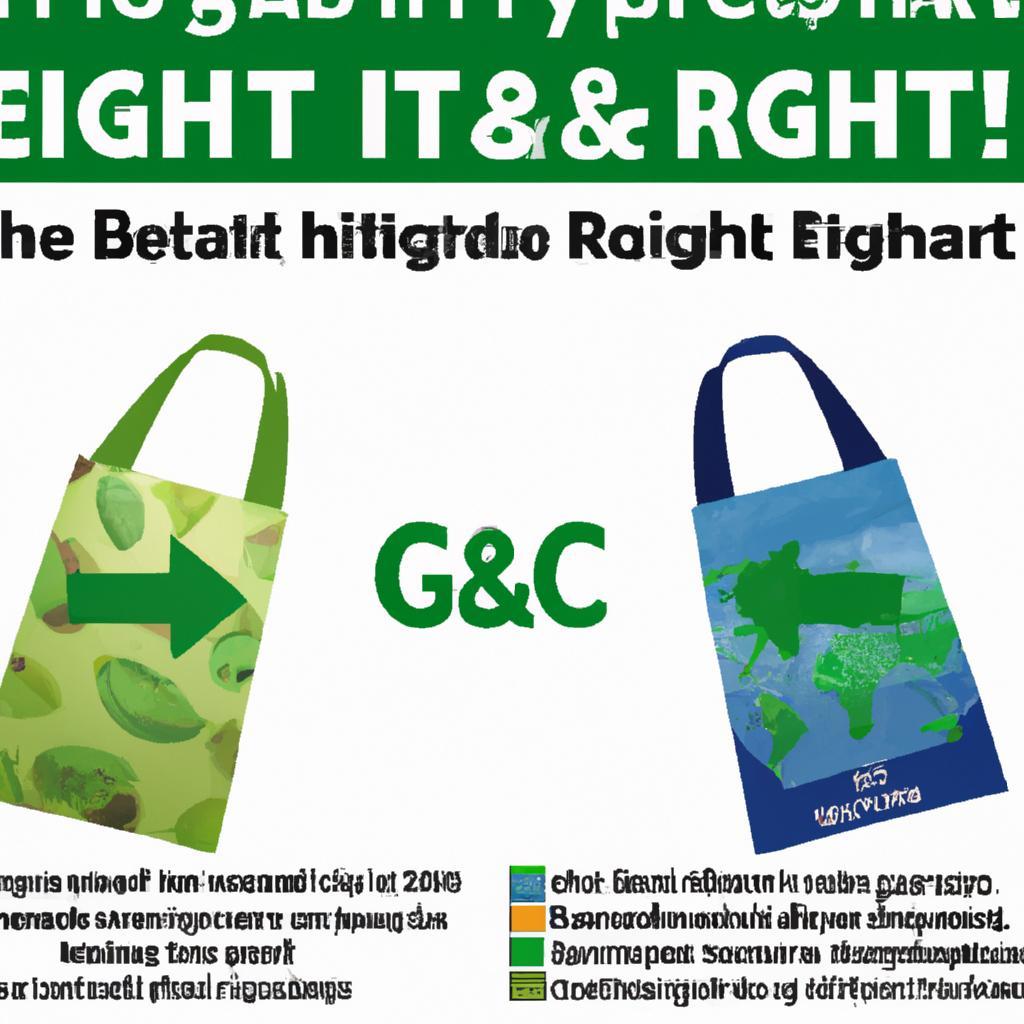In a world consumed by convenience, the bags we carry tell a story of convenience, consumerism, and, increasingly, a growing consciousness towards sustainability. As the tides of environmental awareness rise, a subtle revolution is unfolding at checkouts across the globe. ”Bag It Right: The Global Shift Toward Eco-Friendly Reusables for a Greener Future” explores this transformative journey—a shift away from single-use plastics to a vibrant array of reusable alternatives. From bustling urban markets to serene rural shops, the humble shopping bag is being reimagined, embracing innovation and creativity while beckoning consumers to reconsider their choices. Join us as we delve into the drivers of this change, the impact on our planet, and the myriad of ways individuals and communities are leading the charge for a cleaner, greener future—one bag at a time.
Innovative Materials Transforming the Reusable Market
The landscape of reusable products is undergoing a dramatic transformation, driven by **innovative materials** that blend functionality with sustainability. As consumers become more environmentally conscious, companies are pushing the boundaries of material science to create **solutions** that not only reduce waste but also promise durability and aesthetic appeal. Among these groundbreaking materials are:
- Bamboo Fiber: A fast-growing, biodegradable alternative that is both strong and lightweight.
- Bioplastics: Derived from natural sources such as cornstarch, these materials mimic traditional plastics while breaking down more quickly.
- Recycled PET (rPET): Repurposed plastic that transforms waste into stylish, functional bags and containers.
- Upcycled Fabrics: Waste textiles are reimagined into stylish and eco-friendly products, reducing landfill accumulation.
In addition to these materials, the advent of **smart technology** has allowed reusable products to become even more efficient. Think reusable bags integrated with **RFID tags** for tracking usage and monitoring sustainability! Here’s how different innovative materials are contributing to the market:
| Material Type | Benefits | Common Uses |
|---|---|---|
| Bamboo Fiber | Biodegradable, Strong | Reusable bags, utensils |
| Bioplastics | Compostable, Sustainable | Food containers, straws |
| Recycled PET | Durable, Versatile | Shopping bags, clothing |
| Upcycled Fabrics | Unique, Eco-friendly | Bags, accessories |

Empowering Consumers: Smart Choices for Sustainable Living
In an evolving world where every choice counts, consumers are becoming more aware of their potential impact on the environment. The shift toward **eco-friendly reusable bags** is a testament to this growing consciousness. By opting for durable, washable alternatives to single-use plastic bags, individuals not only reduce waste but also encourage brands to embrace sustainable practices. **Bamboo, organic cotton, and recycled materials** are some of the innovative materials powering this green revolution, offering a blend of style and responsibility that resonates with the eco-minded shopper.
As we navigate this journey toward sustainability, it’s essential to equip ourselves with the right knowledge and tools. Here’s how you can make smarter choices:
- Prioritize Quality: Select bags that are sturdy and designed for repeated use.
- Get Informed: Research brands and their environmental policies before making a purchase.
- Join the Movement: Participate in community clean-ups and share your eco-friendly initiatives on social media.
Making the transition from disposable to reusable doesn’t require a complete overhaul of your lifestyle; rather, it invites incremental changes that collectively forge a more sustainable future. Consider adopting a **multi-functional approach** where your reusable bags serve various purposes, from carrying groceries to toting gym gear. With every small decision, we pave the way for a greener tomorrow.

The Role of Policy in Advancing Eco-Friendly Packaging Solutions
Policies play a pivotal role in shaping the landscape of eco-friendly packaging solutions by creating frameworks that encourage sustainable practices among businesses and consumers alike. Governments and organizations worldwide are implementing regulations to limit single-use plastics and promote alternatives that are biodegradable or reusable. This proactive approach not only catalyzes innovation in the packaging industry but also raises public awareness about environmental impact. By establishing incentives such as tax breaks for companies that adopt sustainable methods, or fines for those that refuse to comply with eco-friendly standards, policy makers can drive significant shifts in corporate behavior.
Moreover, collaboration across various sectors is essential in establishing effective policy frameworks. Non-governmental organizations (NGOs), private enterprises, and educational institutions can come together to advocate for standards that prioritize sustainability. The integration of eco-labeling systems can further guide consumers in making informed choices, creating a market demand for greener options. Key policy areas to focus on include:
- Regulatory Compliance: Companies are held accountable for the environmental impact of their packaging materials.
- Incentives for Innovation: Financial rewards for developing new eco-friendly materials and technologies.
- Public Education Programs: Initiatives aimed at increasing awareness of the benefits of reusable and sustainable packaging.
- Collaboration Initiatives: Partnerships between private and public sectors to foster dialogue and joint projects focused on eco-packaging solutions.
The Conclusion
In the grand tapestry of our planet’s future, each small choice we make is a vibrant thread, weaving together a more sustainable existence. As we’ve explored the movement toward eco-friendly reusable bags, it’s clear that this shift is not just a fleeting trend, but a vital transformation in how we approach consumption and waste. With every reusable bag that replaces a single-use plastic counterpart, we step closer to a world where convenience does not come at the expense of our environment.
As individuals, communities, and industries rally behind this cause, we have the collective power to redefine what it means to shop, dine, and live sustainably. Embracing reusable options is not merely an act of environmental stewardship; it’s a statement about the kind of future we envision.
In closing, let us carry the momentum of this global shift forward. The next time you reach for a bag, consider the impact of your choice. Together, let’s bag it right, one eco-friendly step at a time, for a greener future awaits us all.
